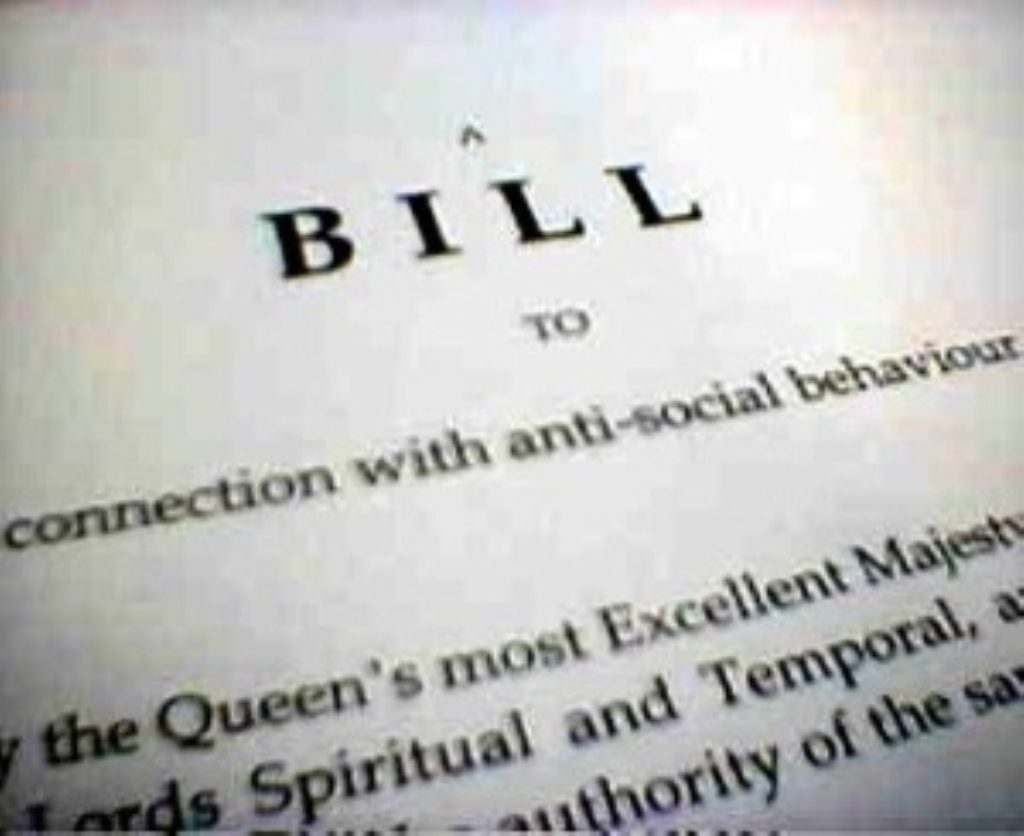Opposition sceptical over environment bill pledge
Opposition parties have warned the government’s forthcoming climate change bill must be more than rhetoric if it is to make any impact.
The environment secretary yesterday set out the “four pillars” of the new bill, expected to be published next month, which included setting up a new “carbon committee” to oversee the government’s progress in cutting carbon emissions.
“Our climate change legislation will provide a clear, credible, long-term framework for the UK to achieve its long-term goals of reducing carbon dioxide emissions,” David Miliband said.
He was speaking after the Stern review into the financial costs of climate change gave a strong warning of the dangers of global warming. Chancellor Gordon Brown responded by announcing a raft of measures to improve international cooperation on the issue.
But Mr Miliband told the House of Commons yesterday that “to be the most convincing persuaders abroad, we must be effective contributors at home”, and confirmed the government would be introducing a climate change bill shortly.
Opposition MPs welcomed a key part of this legislation, the creation of an independent “carbon committee” to work with ministers to cut emissions and provide “transparent” advice on the effects of any measures they suggest.
Shadow environment secretary Peter Ainsworth also thanked ministers for taking on a Conservative policy in introducing the bill, but warned: “We are doubtful about the government’s willingness or ability to follow through with effective action.
“Under Labour, carbon emissions have risen in five of the last eight years, and they are higher now than they were in 1997.
“According to Stern, the costs of dealing with climate change are increasing with every passing year. Has the secretary of state calculated how much less expensive it would have been if the government had acted sooner?”
Liberal Democrat environment spokesman Chris Huhne noted: “If climate change is the number one problem, as we have heard so often, why are flood defence budgets being cut?
“Why has the Treasury simply bottled out of taking on the fuel duty protesters year after year so that carbon emissions from transport have increased sharply?”
One element of the proposed climate change bill would be a long-term goal to cut emissions by 60 per cent on 1990 levels by 2050, and the environment secretary said “we will also consider appropriate interim targets”.
But both opposition parties condemned this as inadequate – they are calling for year on year targets on cutting emissions – and questioned why the government’s self-imposed aim to reduce emissions by 20 per cent by 2020 had apparently been abandoned.
“How on earth can anyone hold to account a government who are up for election in 2009 or 2010 when the targets are being set for 2030 or 2050?” Mr Huhne said.
Friends of the Earth director Tony Juniper also criticised the proposed targets, saying that although the new bill was welcome it could not be effective without tough annual targets that “translate long-term targets into real world policy change”.
However, Mr Miliband defended the proposals, saying annual targets could easily be derailed by bad weather conditions or other unforeseen variables and “do not make sense” – that was why the Kyoto protocol rejected them in favour of five-year targets.





-01.png)